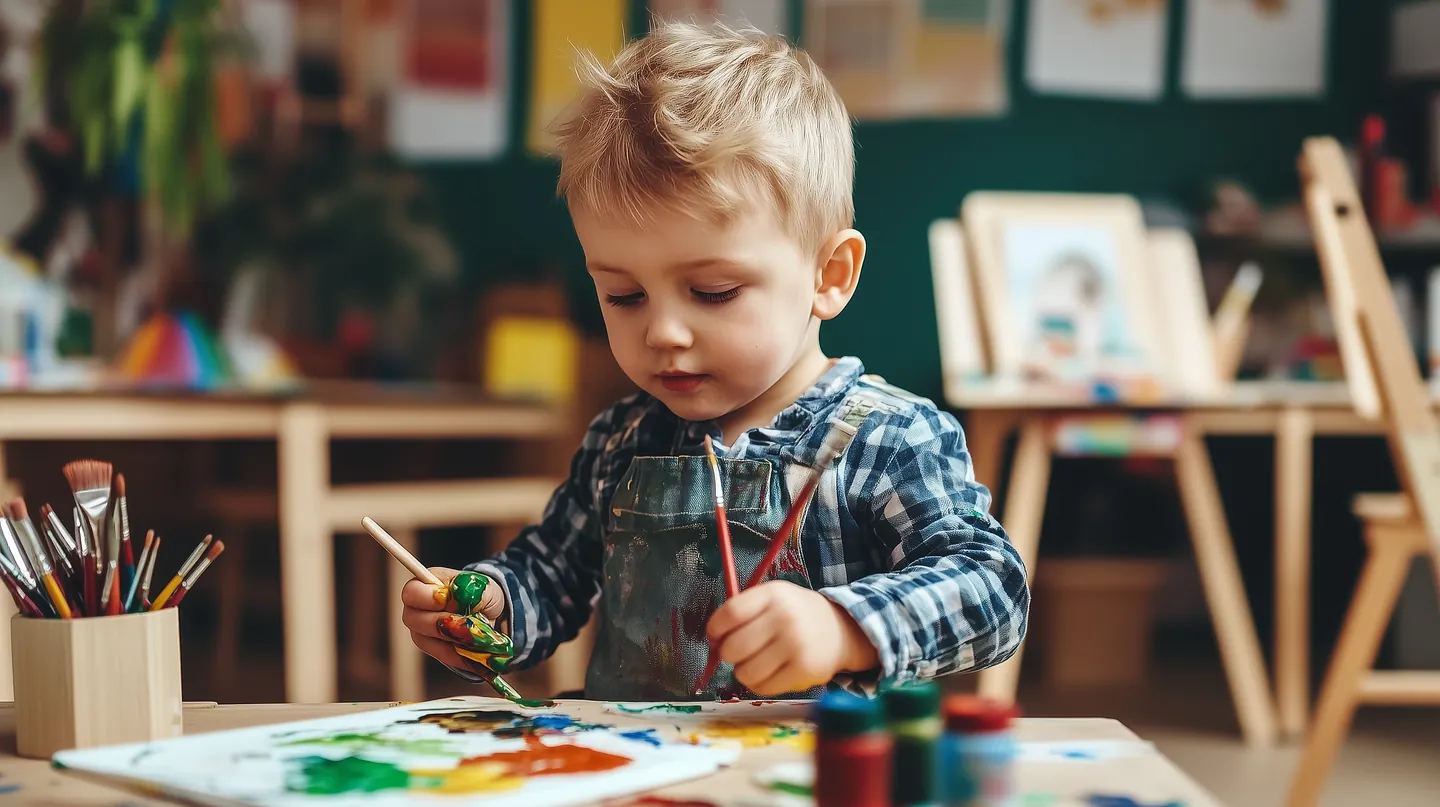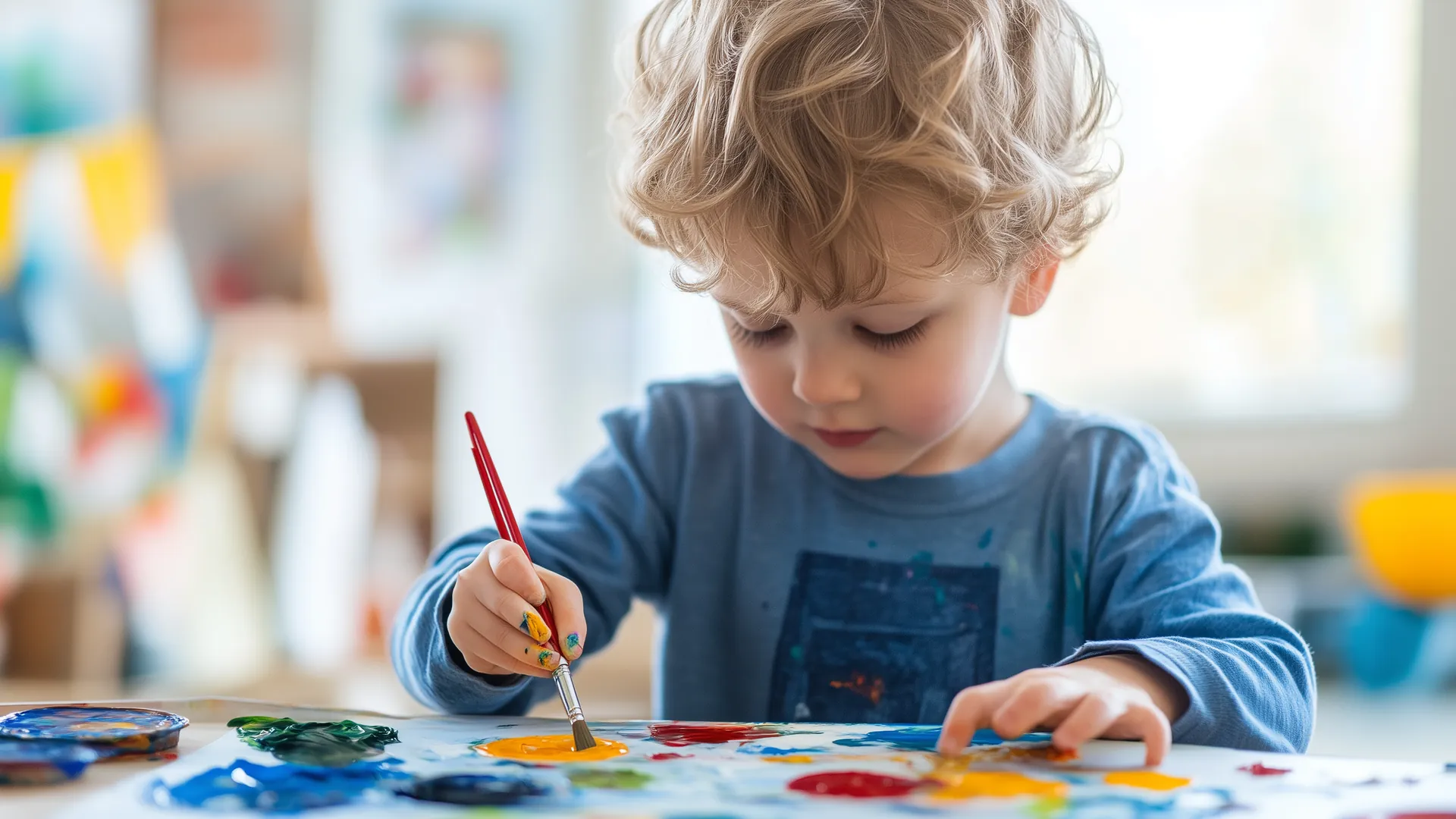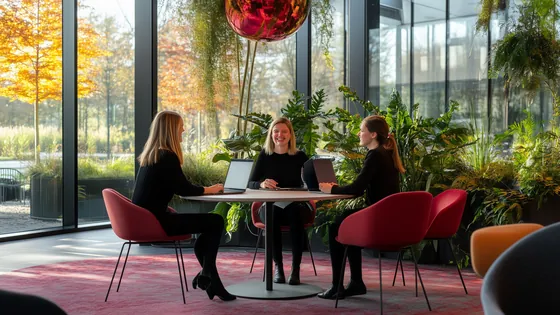Creative professions are often linked with unconventional thinking and a freedom of self-expression, yet maintaining a high level of productivity is crucial even in these fields. Given the unpredictability and variability of creative processes, there are strategies that assist creative professionals in staying productive and efficient.
Why Productivity Matters in Creative Professions

Creative professions are synonymous with the freedom of expression and an unrestrained flow of ideas; however, sustaining a certain level of productivity is essential to overcome potential challenges. This article examines why productivity is a pivotal factor for success in creative fields.
- Meeting Deadlines: Professionals such as designers, writers, musicians, or filmmakers often work within clearly defined timelines. Being productive allows them to manage their time effectively, meet client demands, and avoid rushed work that could negatively impact the quality of their output.
- Handling Multiple Projects: Creative professionals frequently juggle multiple projects at once. High productivity aids in efficiently allocating efforts across various tasks, ensuring each project receives the necessary attention and resources for successful completion.
- Optimizing Workflow: Productivity in creative fields also involves streamlining the workflow. This means finding the most efficient ways to complete tasks, reducing time spent on routine activities, and freeing up time for generating and implementing new ideas.
- Overcoming Creative Blocks: Effective work methods can help overcome the creative blocks that inevitably arise for every creative individual. A systematic approach to work and developing strategies to navigate through creative crises allow for a quicker return to productive endeavors.
- Achieving Financial Goals: For many creative professionals, productivity is directly linked to financial stability. Higher productivity enables them to take on more assignments and, consequently, increase earnings. This is particularly crucial for freelancers and solo entrepreneurs in creative industries.
- Maintaining Professional Growth: Productivity fosters professional development. Creative specialists who make productive use of their time can experiment more, explore new approaches and technologies, engage in professional communities, and enhance their qualifications.
Characteristics of Creative Professions

Creative professions always draw special attention due to their uniqueness and opportunities for self-expression. They differ from more traditional fields by requiring a unique approach to work and a specific set of skills. This article will explore the key characteristics of creative professions that make them distinctive and demanding.
Dependence on Inspiration and Creativity
A defining feature of creative professions is the constant need for a creative approach. Inspiration plays a crucial role, and often the results of work are directly dependent on the creative mood, which can lead to irregular work patterns since inspiration cannot be summoned on demand.
Unpredictability of the Workflow
Creative professionals often face unpredictability in their work. Projects can vary greatly from one another, and their completion may take more or less time than initially planned. This unpredictability requires flexibility and the ability to adapt to changing conditions.
Emotional Involvement
Creative work often demands deep emotional involvement. Professionals in this field typically invest a part of themselves in each project, making their work very personal. This can lead to emotional burnout if one does not manage to find a balance between personal life and work.
Importance of Continuous Learning and Development

In creative professions, it is crucial not only to possess basic skills but also to continually evolve and learn new things. Technologies, styles, and trends change, and professionals must be ready to learn and adapt. This requires time and investment but is an integral part of success in the creative field.
Self-Actualization as a Key Motivation
For many creatives, the primary motivation is not material reward but the opportunity for self-realization and expression through their work. The satisfaction derived from creating something new and meaningful is often more important than financial gain.
Project-Based Nature of Work
Creative professions are often organized around specific projects rather than a steady routine. This means work can be seasonal or project-based, with periods of high activity and times of lulls. Managing time and finances under these circumstances requires special attention.
Strategies for Maintaining Productivity

Creative professions require not only inspiration and talent but also high productivity to successfully complete projects. The unpredictability of the creative process can pose challenges in maintaining a regular work rhythm. In this article, we will explore effective strategies that help creative professionals maintain and enhance their productivity.
Setting Clear Goals
Defining clear goals is key to productive work. In creative professions, it's important to break large projects into smaller, manageable stages with specific deadlines and tasks. This helps maintain focus and see progress, which motivates and accelerates the workflow.
Developing Routines
A stable work rhythm enhances productivity. Establishing daily and weekly routines helps organize the workday and provides regular time for creativity, administrative tasks, and personal time. It's important to include time for creative work, administrative duties, and personal time in the routine.
Time Management
Effective time management is critical for creative professionals. Techniques such as the Pomodoro method or time blocking can help maximize the use of each working hour. Regular breaks to rejuvenate are also beneficial.
Physical and Emotional Support
Maintaining physical and emotional health is crucial for sustained productivity. Physical exercise, healthy eating, sufficient sleep, and stress-reducing techniques like meditation or yoga help maintain energy and focus.
Learning and Development
Ongoing education and professional development keep one at the forefront of creative trends and technologies. Participating in workshops, webinars, and courses not only improves skills but also inspires new ideas.
Optimizing the Workspace
Creating a comfortable and stimulating work environment enhances creative activity. It's important to ensure adequate lighting, comfortable furniture, and minimal distractions. The workspace should be organized to facilitate easy access to necessary tools and materials.
Prioritization and Delegation
Effective prioritization and the ability to delegate less important tasks can significantly boost productivity. Freeing up time for key creative processes allows better management of resources and energy.
Conclusion

Productivity in creative professions does not always conform to standard methods of measurement and management. However, developing and applying strategies specifically tailored to the unpredictable nature of creative processes can help creators remain effective and successful in their endeavors.










